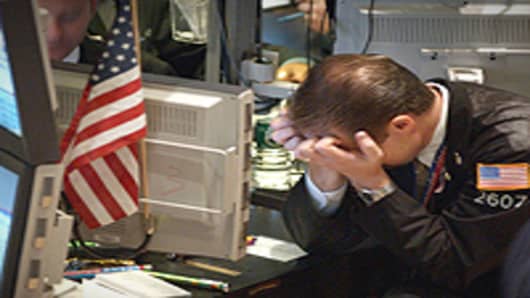Rogue traders are a very unlucky bunch.
While trading desks around the world pull in billions for banks, it seems like every time a trader goes 'rogue' he winds up losing money.
The loss-making of Jerome Kerviel, the SocGen trader sentenced today in France, amounted to around $7 billion. The misfortune of the rogues is almost too great to be believed.
Scratch that part about "almost." It is too great to be believed.
There's simply no way that rogue traders always lose money. It's just that when they are making money, their employers don't call them rogue traders. They call them earners, vice-presidents and managing directors.
This is why we find Kerviel's defense — that his employer willfully turned a blind eye to his rogue trading — utterly plausible. Kerviel spent two years trading outside of the limits set by his employers.
He was only "caught" when his bank, like so many other around the world, began to limit its trading exposure in the winter of 2008. We strongly suspect that if the markets had kept booming for a few more years, Kerviel would have been allowed to keep on trading.



